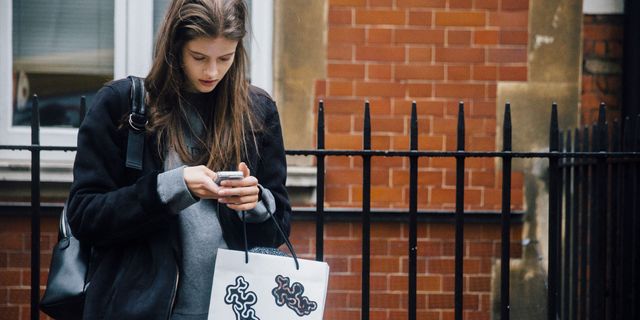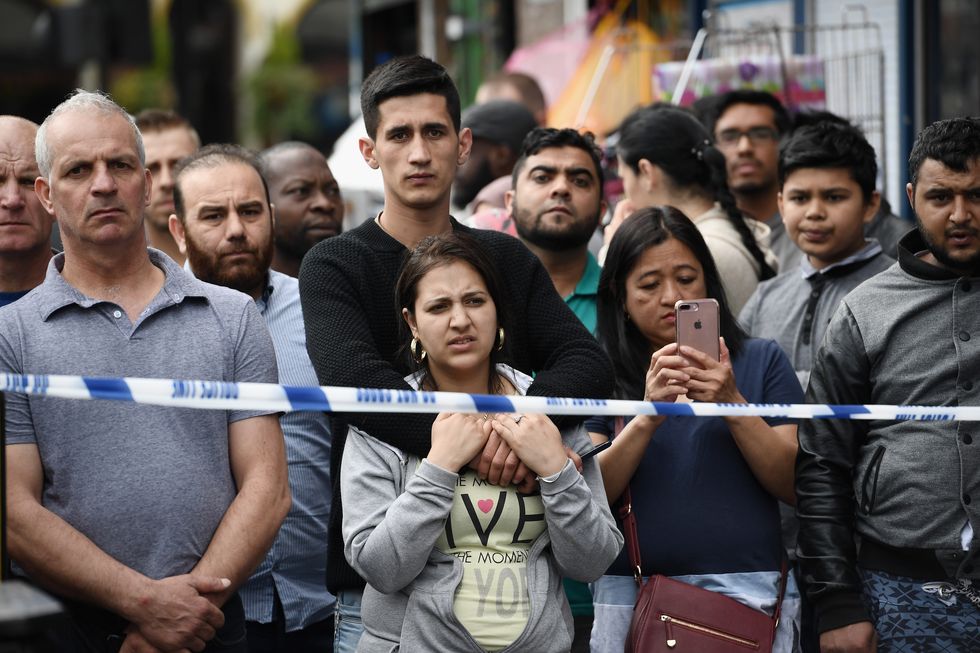In the hours following a national incident, such as the terror attacks that struck Manchester and London in recent weeks, our first reaction as a generation of technophiles is to turn to social media to get first response reports on what is happening.
And while some reports on social media provide reliable, immediate updates, such as those from eye-witnesses and the authorities, there are also those that unintentionally inflate, misjudge or construe information that isn't verified by the emergency services and news outlets.
Of course, amid the panic, confusion and concern it's understandable how a chain of Chinese whispers and misinformation can spread across the internet, but it is important to behave responsibly and sensibly, as both users and readers of social media, in order to help victims of the atrocities and the emergency services.
As a result, we're rounded up a guide on how to best behave on social media in the aftermath of tragedy.
1. Get your news from official sources
First of all, the general rule of thumb is to not believe everything you read online.
Moments after the terrorist attack at London Bridge on Saturday, several people began spreading fake news, with false pictures of the alleged suspects, missing people, and reactions.
However, social media users should receive informational from official sources such as the emergency services (Metropolitan Police) and government statements (the Prime Minister and Home Secretary).
We know it's tempting to believe immediate posts you see online but don't tweet/retweet information unless it is confirmed by a reliable source.
2. Provide the authorities with vital information, before social media
The hours after a terrorist attack are the most vital for the emergency services.
As a result, if you witness or see footage from an incident that might be of value to the authorities, contact them first before sharing anything online.
3. Please don't share graphic images
In times like this, many families and friends anxiously await news regarding the safety and location of their close ones.
Therefore, it is imperative you do not post photos of victims online that may be identified by relatives, before they are contacted by the authorities.
Instead, share official police information that might help those in need.
4. Follow the authorities' advice
In the case of a terrorist incident, the Police have provided the following information regarding your safety:
There are also hotlines and advice on how to behave online when trying to get in touch with loved ones.
In times of uncertainty, let's make sure we do not fuel fear by sharing misinformation to the public.

Katie O'Malley is the Site Director on ELLE UK. On a daily basis you’ll find Katie managing all digital workflow, editing site, video and newsletter content, liaising with commercial and sales teams on new partnerships and deals (eg Nike, Tiffany & Co., Cartier etc), implementing new digital strategies and compiling in-depth data traffic, SEO and ecomm reports. In addition to appearing on the radio and on TV, as well as interviewing everyone from Oprah Winfrey to Rishi Sunak PM, Katie enjoys writing about lifestyle, culture, wellness, fitness, fashion, and more.














